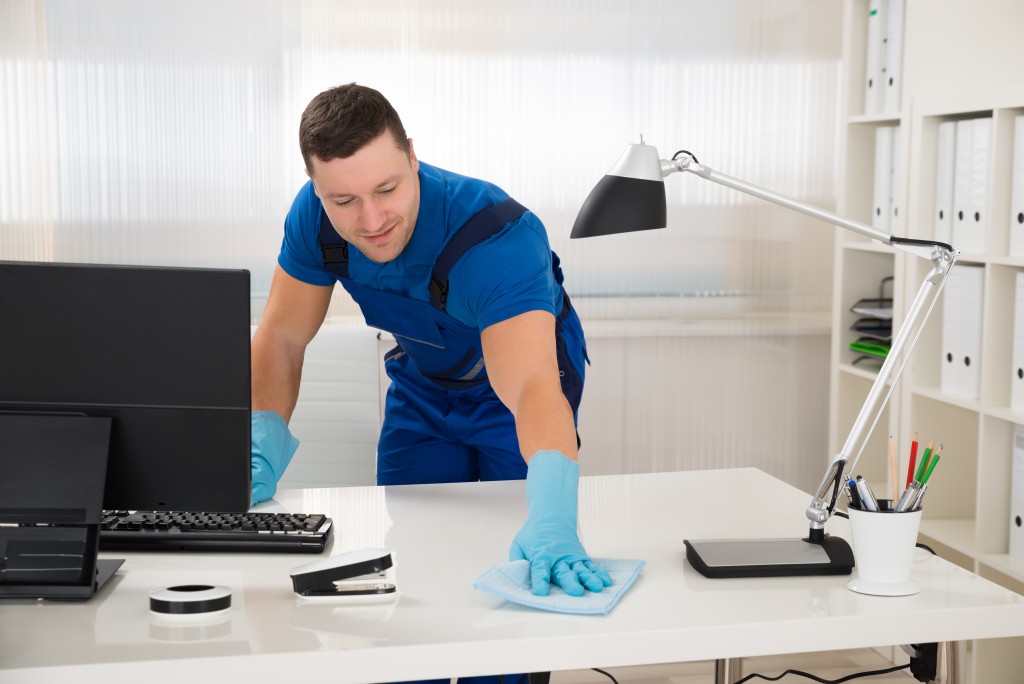If there’s one thing the coronavirus pandemic taught us, it’s the importance of proper hygiene and sanitation. And not just for ourselves, but in our places of work as well. As a business owner, the responsibility falls on you to establish a workplace hygiene policy and to arrange for occasional professional preventative sanitation services.
While special precautions have to be made at this time when we’re batting a global health crisis, crafting a fleshed-out workplace hygiene policy won’t just secure your staff’s safety now, but it would also ensure that they will be protected in the long-term.
Advantages of Having a Workplace Hygiene Policy
An acceptable policy begins by dealing with an employee’s personal hygiene. You should include everything that’s expected of them. The more specific you are with your workplace hygiene policy, the more serious your employees will take it. And if you wanted to, you could even include your company’s dress code on there.
-
You get happier employees.
Would you enjoy working in a place that reeked and is dirty? No, of course, you wouldn’t. No one would want to. Having a company policy on hygiene that covers all your bases — from their desks to the office pantry to the company bathroom — means that you get happy, engaged workers who are in your employment for the long-term.
-
You will improve your brand image.
We’re living in an age where consumers are more informed and more discerning. They no longer choose products and brands to support by merely looking at how well these goods are making their lives more convenient. Nowadays, they look at company profiles to see how ethical, how purposeful, and how philanthropic they are. It won’t be a surprise when they start judging you for how clean, sanitized, and organized your workplace is.

-
You minimize the spread of bacteria and viruses.
According to a recent report, if you put together all the times we spend at work, one person would have spent, on average, 13 years and two months working in an office. Another study showed that one’s work desk has more germs on it than a toilet seat. Can you imagine working for 13 years in a place that is making you sick? When you have a well-researched workplace hygiene plan, all employees know what’s expected of them in terms of their cleanliness in their personal workplaces, thus reducing the chances of spreading viruses that could cause illnesses.
-
You lessen the use of sick days.
It is possibly one of the most important advantages to you as an employer. When you implement your cleanliness and sanitation policies, you get a healthier workforce who will take fewer sick days. You can even add to this behavior but incentivizing an employee’s unused sick leaves. Some organizations convert it into cash, while others add it to vacation days the employee can take.
Maintain Hygiene in Common Spaces
Most of what we’ve tackled thus far has to deal with an employee’s personal hygiene habits and how you, as an employer, can encourage or enhance that behavior. But what about common spaces like the office pantry, the shared bathrooms, and the reception area? What sort of policies can you implement there?
The simplest way to maintain cleanliness and hygiene in these areas is to enforce a clean-as-you-go mindset. Encourage your employees to be just as hygienic in these areas as if it were their personal space. If necessary, you could also employ janitorial services to help with the day-to-day cleaning of shared spaces. Your employees will have the peace of mind that you put their welfare at the forefront of your business.






